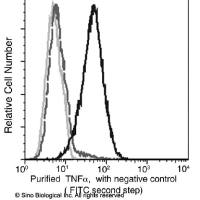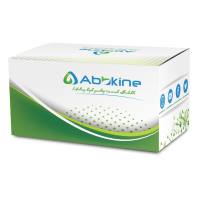The field of psychoneuroimmunology (PNI) aims to uncover the processes and consequences of nervous, immune, and endocrine system relationships. Behavior is a consequence of such interactions and manifests from a complex interweave of factors including immune-to-neural and neural-to-immune communication. Often the signaling molecules involved during a particular episode of neuroimmune activation are not known but behavioral response provides evidence that bioactives such as neurotransmitters and cytokines are perturbed. Immunobehavioral phenotyping is a first-line approach when examining the neuroimmune system and its reaction to immune stimulation or suppression. Behavioral response is significantly more sensitive than direct measurement of a single specific bioactive and can quickly and efficiently rule in or out relevance of a particular immune challenge or therapeutic to neuroimmunity. Classically, immunobehavioral research was focused on sickness symptoms related to bacterial infection but neuroimmune activation is now a recognized complication of diseases and disorders ranging from cancer to diabesity. Immunobehaviors include lethargy, loss of appetite, and disinterest in social activity and the surrounding environment. In addition, neuroimmune activation can precipitate feelings of depression and anxiety while negatively impacting cognitive function and physical activity. Provided is a detailed overview of behavioral tests frequently used to examine neuroimmune activation in mice with a special emphasis on preexperimental conditions that can confound or prevent successful immunobehavioral experimentation.






